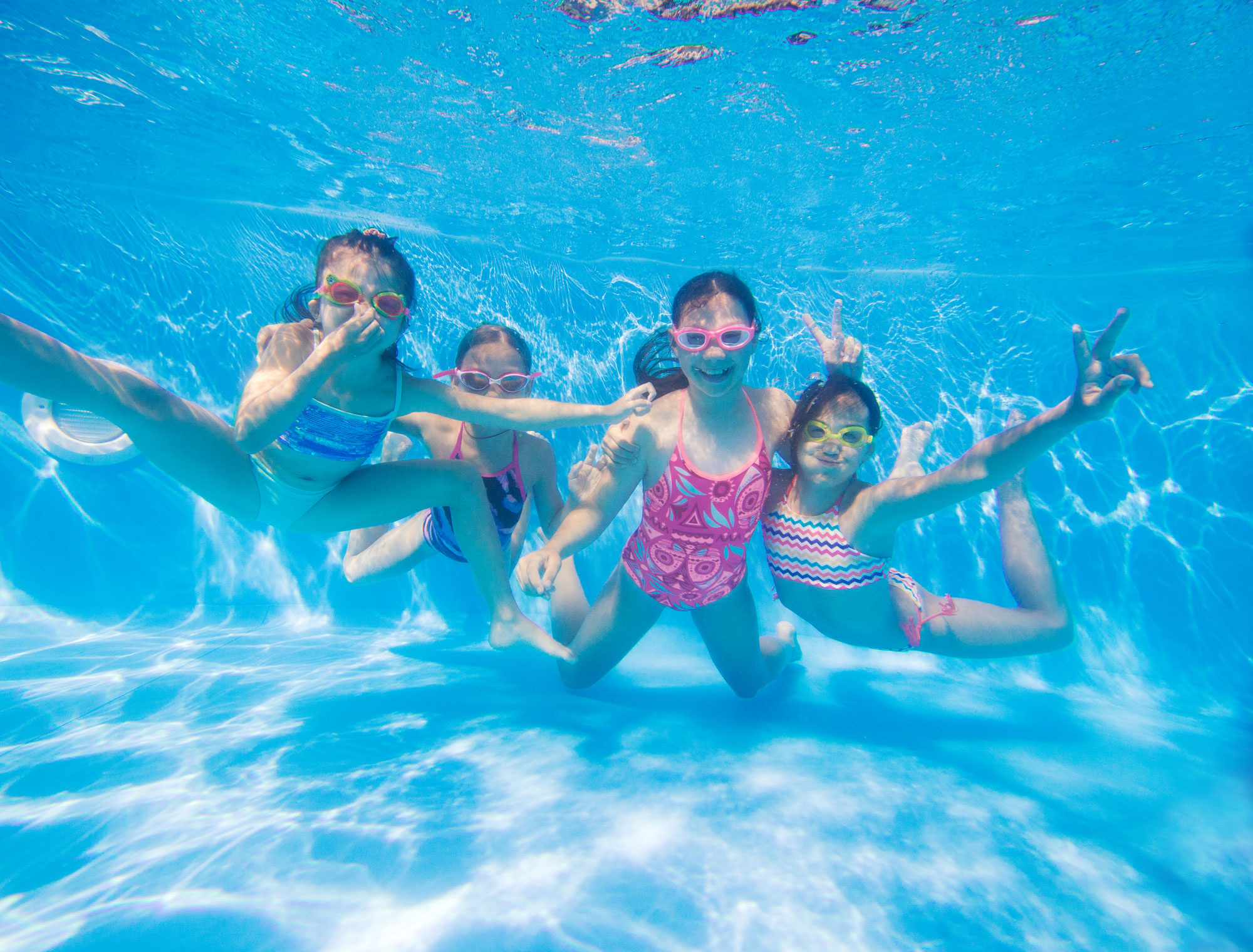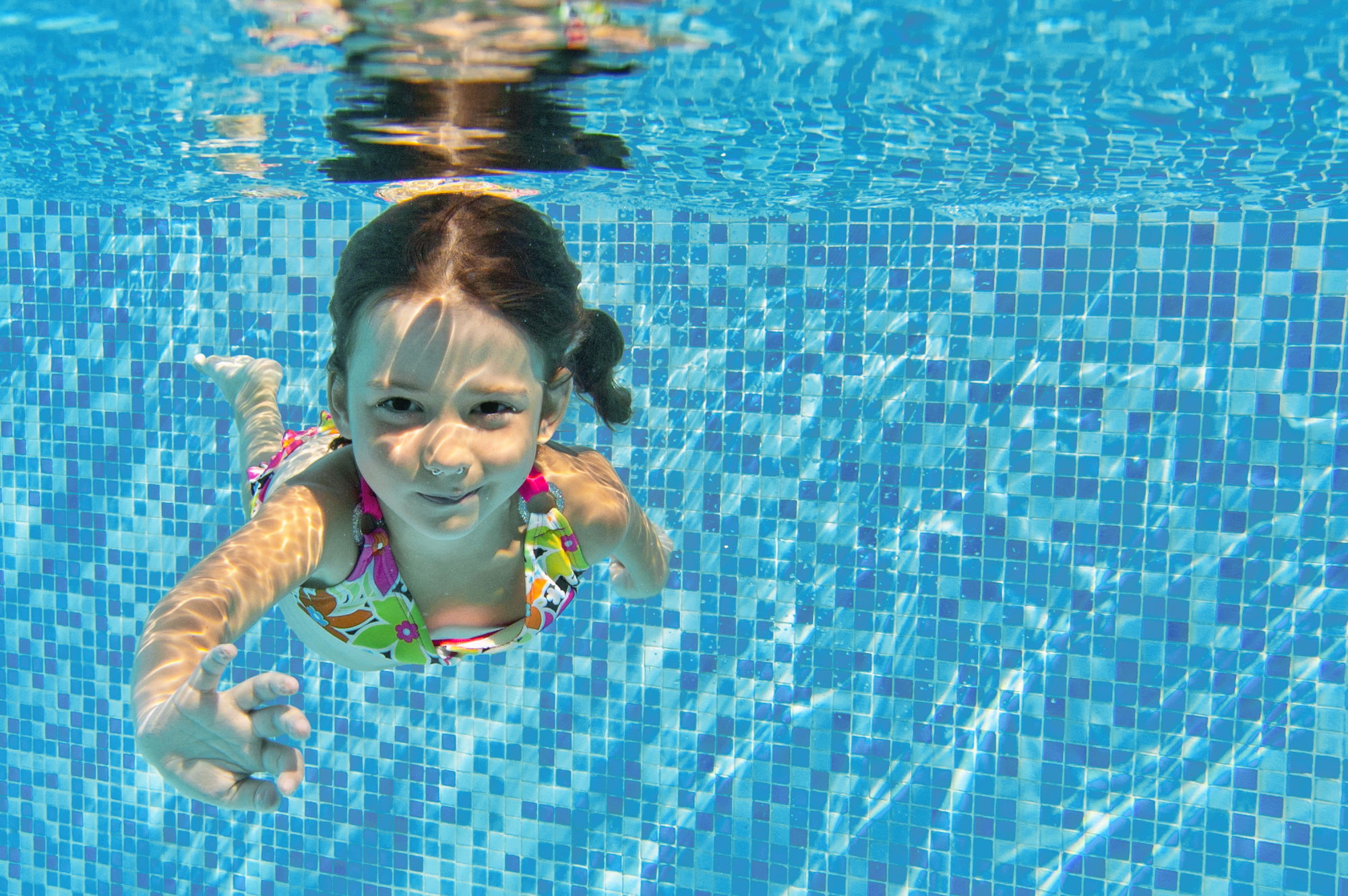How a Swimming Lesson Can Change Your Self-confidence in the Water
The journey to getting rid of water stress and anxiety commonly begins with a solitary, structured swimming lesson, which serves as an essential moment in boosting one's confidence in water atmospheres. The question remains: how do these first lessons lay the groundwork for a confident and sustainable partnership with water?
Understanding Water Anxiousness

From a physical standpoint, individuals may exhibit signs and symptoms like enhanced heart sweating, price, and hyperventilation when faced with water-related situations. These responses can create a vicious cycle, where anxiety results in avoidance, which in turn continues the concern. Understanding this anxiety is essential in resolving it effectively.
Support group, consisting of pals, family, and professional instructors, can play a crucial duty in easing anxieties. Steady exposure to water, paired with favorable support, can aid in desensitizing people to their stress and anxiety sets off. Identifying that water stress and anxiety is a common experience can cultivate an encouraging atmosphere for those seeking to conquer their concerns. Dealing with water anxiety is the very first step towards promoting self-confidence and satisfaction in marine activities.
Benefits of Specialist Guideline
Several people looking for to get over water anxiety benefit substantially from expert direction. Educated instructors possess the proficiency to develop a safe and supportive knowing atmosphere, which is crucial for those coming to grips with fear of water. This professional assistance can aid pupils to face their anxieties slowly and systematically, fostering a feeling of protection.
Furthermore, instructors employ tailored teaching methods that deal with the one-of-a-kind demands of each trainee. This tailored approach makes sure that students development at their very own rate, which is critical for developing depend on and self-confidence in their abilities. Specialist instruction likewise highlights correct strategies and security protocols, which even more alleviates anxiety connected with swimming.
In addition, the structured nature of professional lessons assists in responsibility and dedication. Regular sessions encourage constant method, minimizing and enhancing skills worry gradually. Trainers also provide useful responses, allowing trainees to identify their improvements and turning points, thus enhancing their self-esteem.
Eventually, the advantages of professional guideline prolong past simple skill purchase; they infuse an extensive sense of confidence and empowerment in people, changing their relationship with water and boosting their general pleasure of aquatic tasks.
Structure Fundamental Swimming Abilities
Structure fundamental swimming skills is vital for people seeking to improve their comfort and efficiency in the water - How To Become A Swim Instructor. Grasping these basic skills not just develops a solid base for more sophisticated methods yet additionally promotes safety and security and pleasure during marine activities
The first essential skill is drifting, which aids swimmers create body awareness and equilibrium. Discovering to drift on both the front and back enables people to kick back in the water and recognize buoyancy. Next, effective kicking strategies are important; exercising flutter kicks and dolphin kicks strengthens leg strength and propulsion.
Breathing strategies likewise play a considerable function in swimming proficiency. Swimmers ought to learn to collaborate their breath with their strokes, ensuring they can maintain a rhythm while swimming. Additionally, mastering basic strokes, such as the freestyle and backstroke, gives a strong structure for future skill advancement.
Furthermore, exercising these skills in a controlled setting under professional guideline fosters self-confidence. Routine method and feedback assist in improvement, enabling swimmers to advance systematically and safely. By concentrating on building standard swimming abilities, people can accomplish better water proficiency and lead the way for more innovative swimming experiences.
Overcoming Fear of Deep Water
Facing the worry of deep water is a typical obstacle for several swimmers, yet it is a critical action towards achieving self-confidence and proficiency in the pool or open water - Swimming Lessons For Beginners. This worry frequently comes from an absence of experience with depth, which can cause anxiousness and prevent development. Overcoming this fear needs a systematic strategy, starting with education and learning concerning water safety and buoyancy. Comprehending that water supports the body can help reduce some issues.
Gradually adjusting oneself to much deeper atmospheres through progressive exposure can also work. Starting in shallow water and considerably relocating deeper while exercising breathing strategies and floating can build self-confidence. Engaging with a qualified teacher is indispensable; they can supply guidance, reassurance, and tailored techniques to resolve private anxieties.
Additionally, employing visualization methods can prepare the mind for the experience of remaining in deep water. Thinking of oneself swimming comfortably and confidently can produce a positive mental framework. Eventually, conquering the concern of deep water Baby Otter Swim School not just enhances swimming ability but also enriches one's overall experience in aquatic environments, leading the way for a fulfilling trip on the planet of swimming.
Developing a Sustainable Practice Routine
Developing a sustainable method regimen is necessary for swimmers intending to enhance their abilities and confidence in the water. A well-structured regular not just promotes consistent renovation however additionally assists in conquering obstacles encountered throughout lessons. To produce an efficient method timetable, begin by establishing clear, attainable goals. These might range from grasping certain strokes to boosting endurance or discovering sophisticated strategies.
Next, designate committed time for method that fits into your lifestyle. Uniformity is crucial; also short, routine sessions can generate substantial advantages over time. Purpose for a minimum of a couple of practice per week, making certain a mix of drills, endurance training, and skill-focused workouts.
Integrating selection into your routine can likewise maintain inspiration and protect against monotony. Alternate in between various strokes, distances, and techniques, and consider including dryland workouts to improve strength and adaptability. Additionally, look for responses from instructors or skilled swimmers to identify locations for renovation.
Conclusion
In final thought, swimming lessons serve as an important source for people looking for to improve water self-confidence. By dealing with water anxiety via specialist direction and steady skill advancement, participants can successfully get rid of worries, particularly those associated with deeper water.

Confronting the anxiety of deep water is a common obstacle for many swimmers, yet it is an essential step in the direction of accomplishing confidence and proficiency in the swimming pool or open water. By resolving water anxiety with specialist direction and steady ability development, participants can efficiently conquer concerns, specifically those associated with much deeper water.